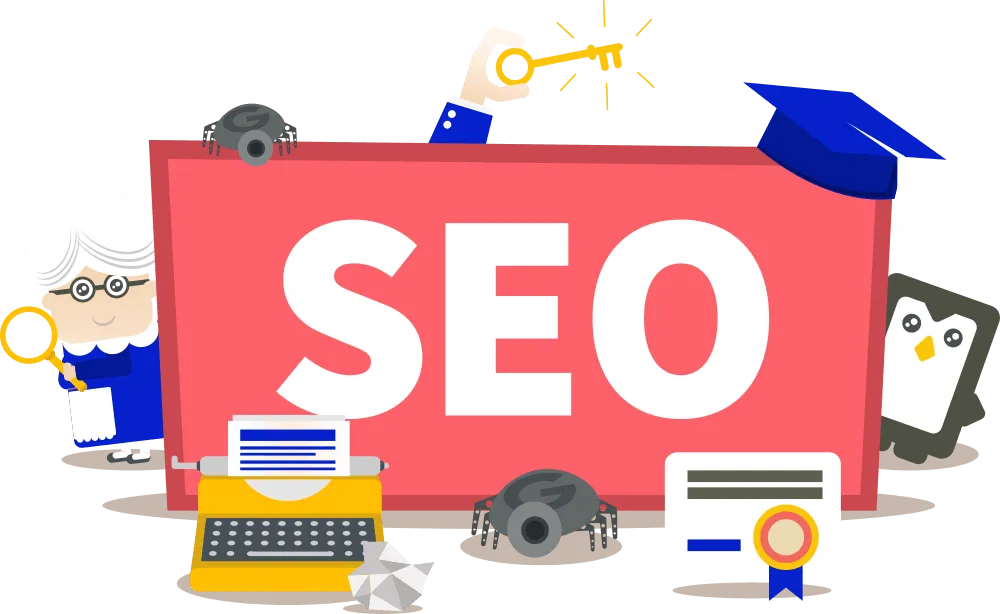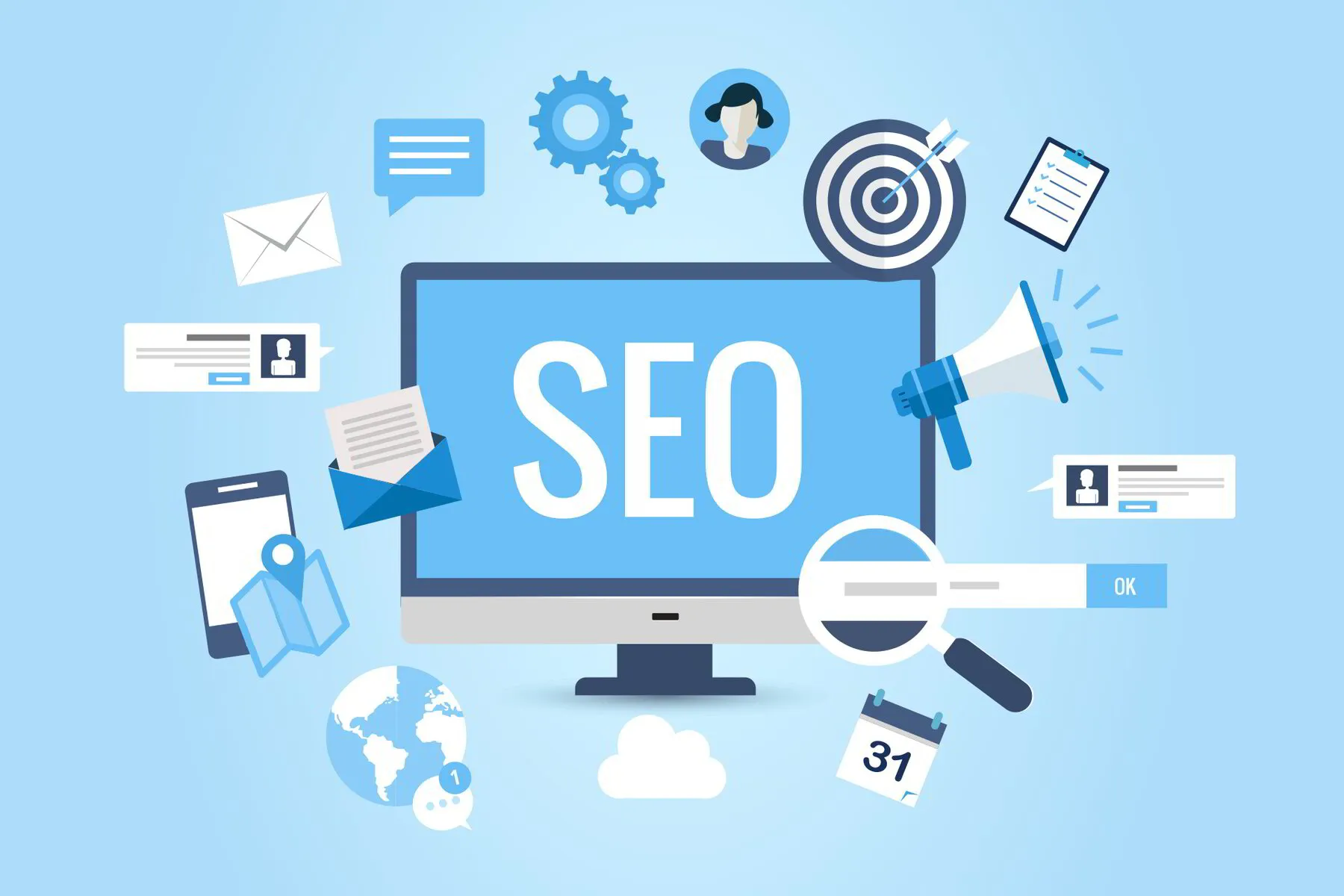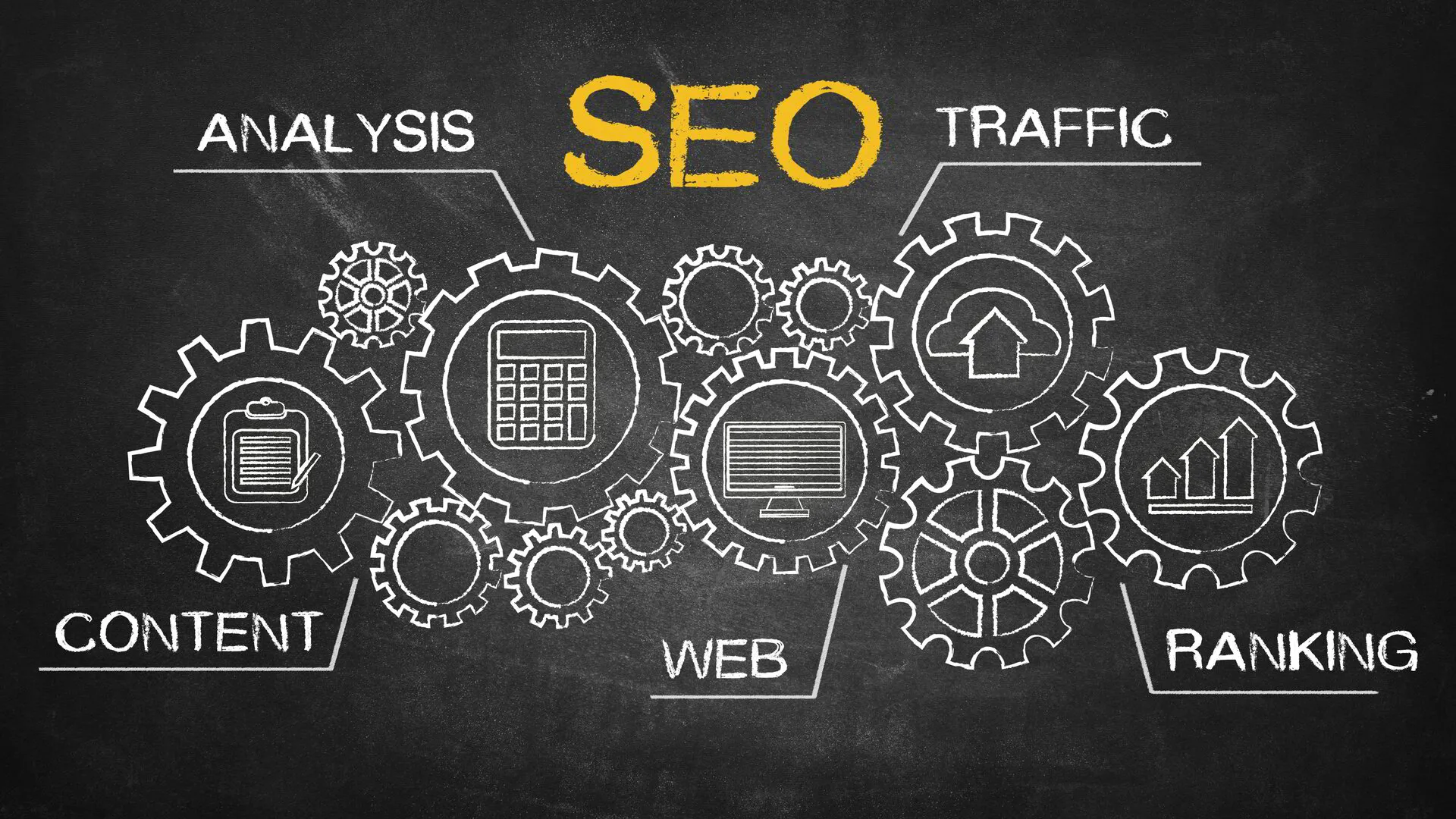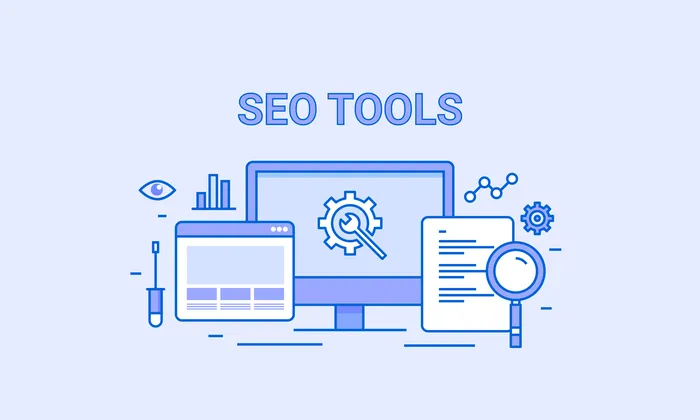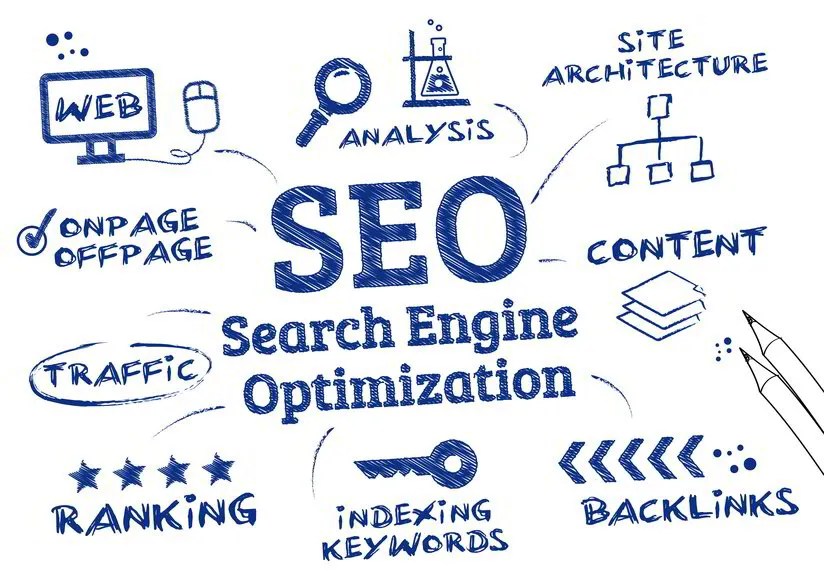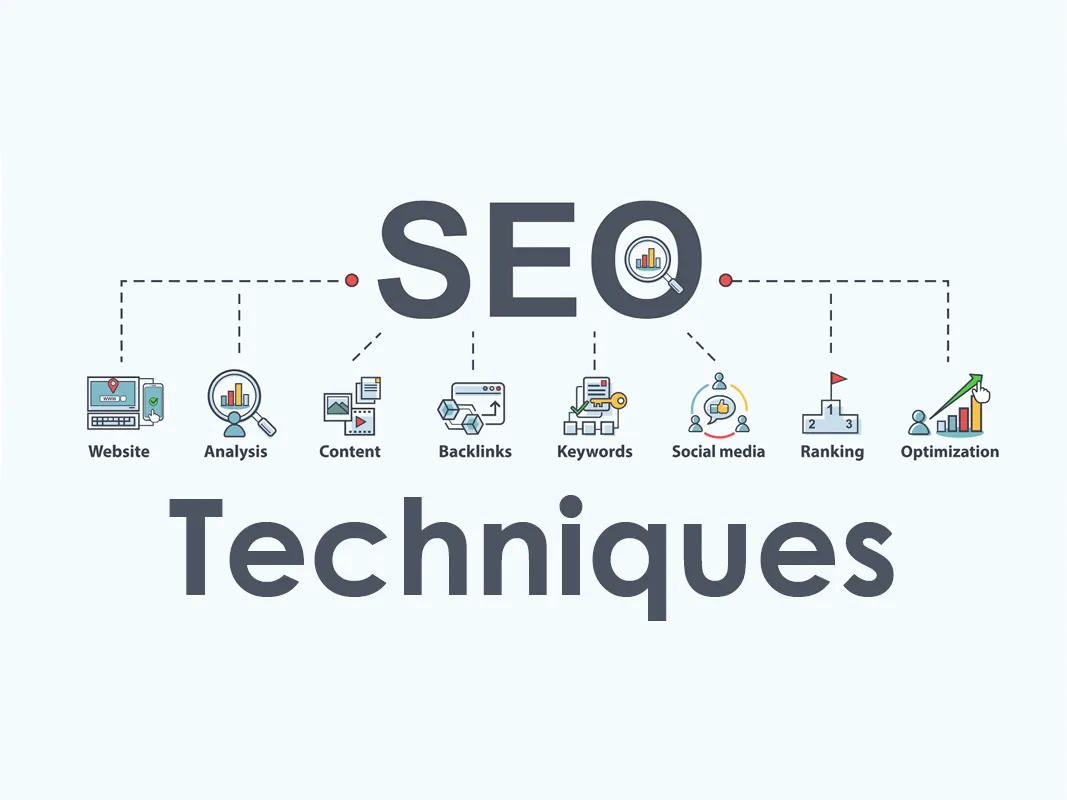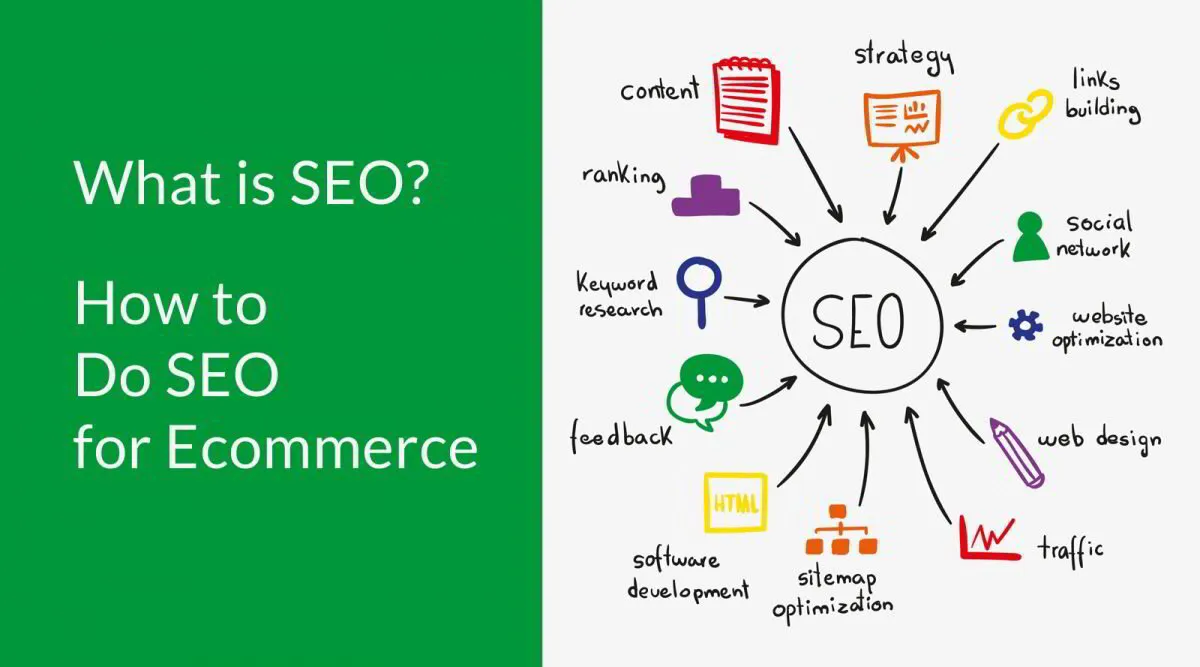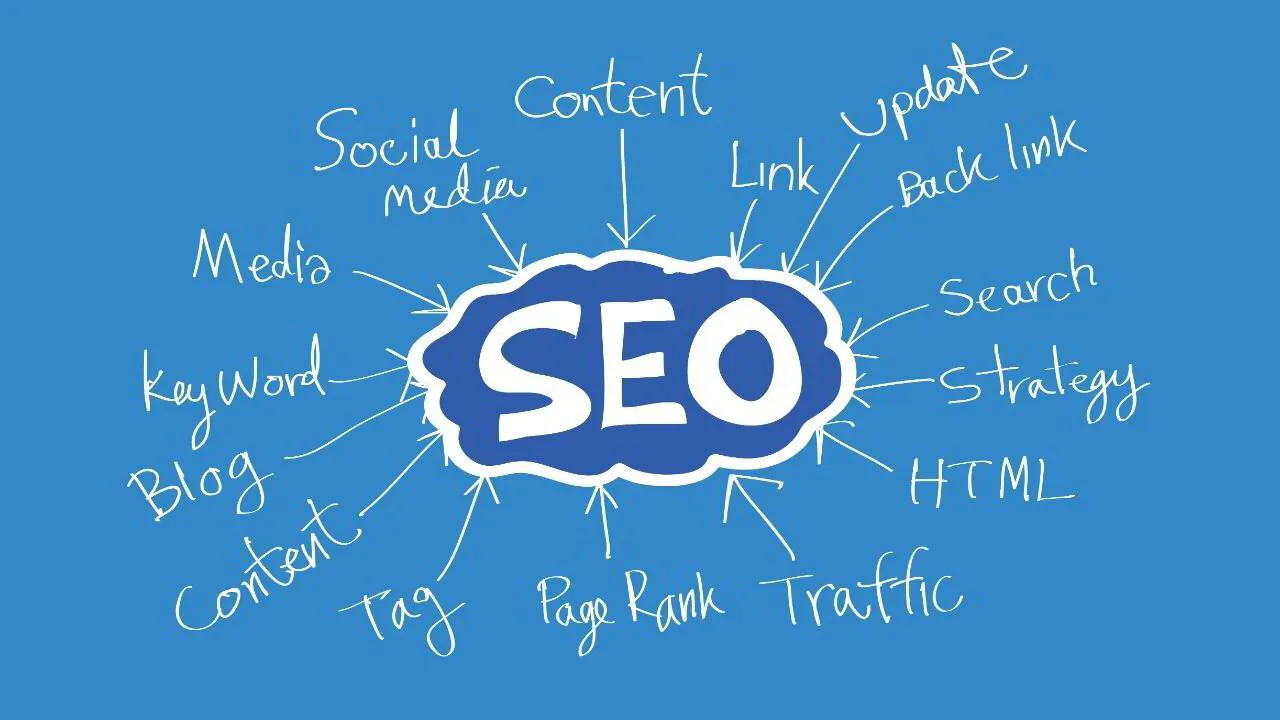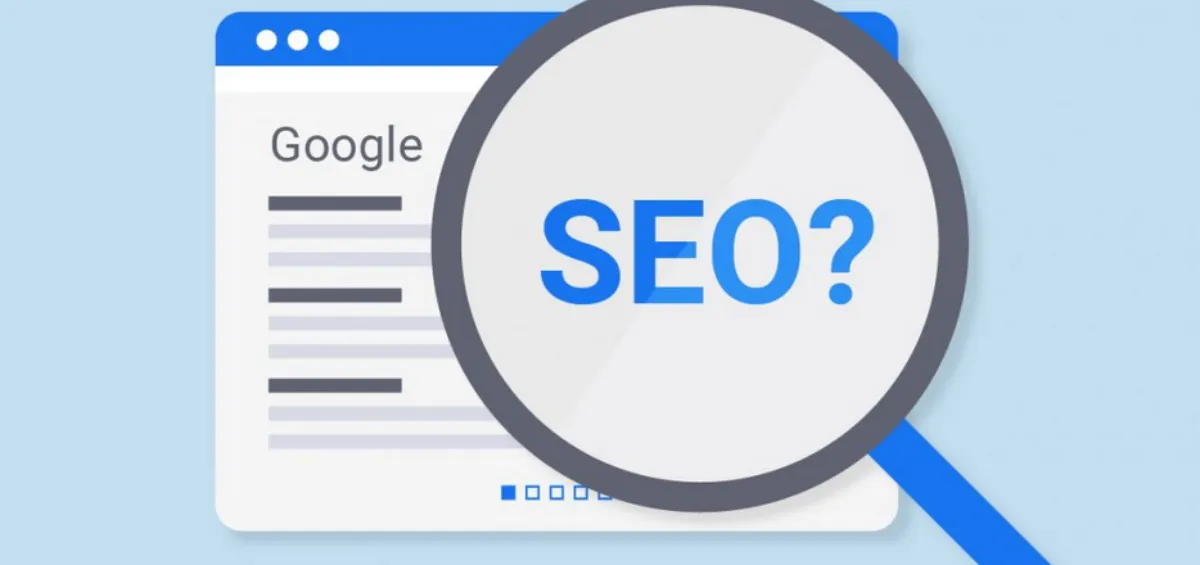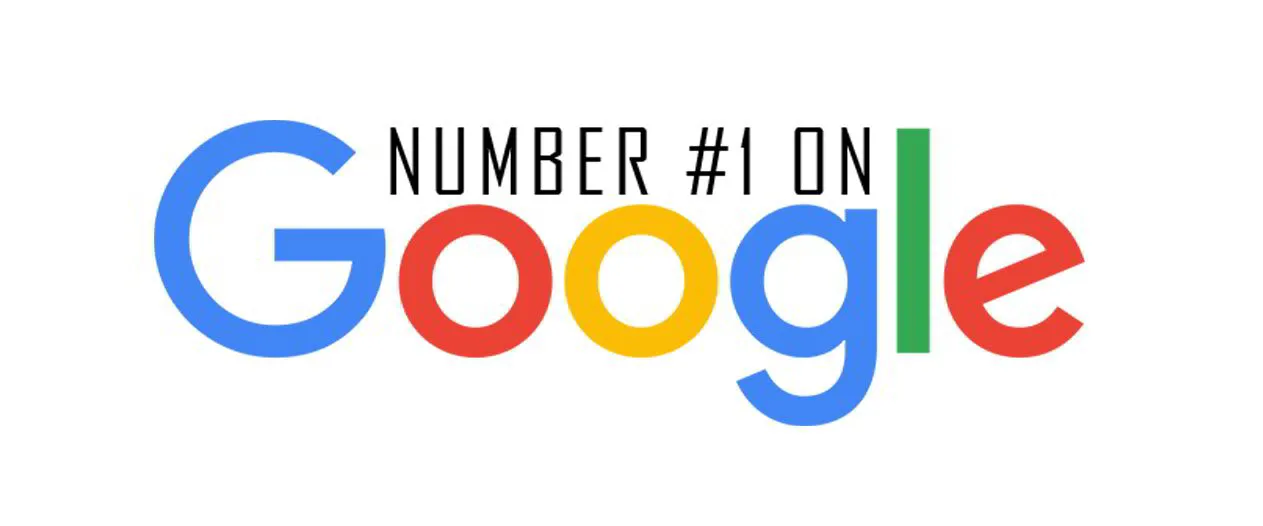What exactly is SEO?
What Is SEO / Search Engine Optimization?
How does SEO work?
The elemental idea behind SEO is quite simple - when people do searches online they type certain words into their browser's address bar. These words will then direct them to websites which have been optimized with those personalized keywords. If someone types "buy shoes" into their browser's address field, they'll likely end up at an ecommerce store selling shoes.
But, if they type "best shoe stores", they may find themselves directed to another website instead. That second website has been optimized so that it ranks higher than the first based on how relevant the content is to what was typed into the browser's address bar. It's all about relevance.
So, if I were looking for information on buying shoes, I'd probably start typing something along the lines of "shoes reviews". But if I wanted to buy some new clothes, I might try searching for "clothes shopping tips". When we talk about optimizing our sites, we're talking about making sure that whatever we write is written in such a way that it matches the user's query.
Why Should I Care About My Site Ranking?
If you're serious about growing your business, then you probably already understand the importance of having a strong presence online. If not, here's why...
Google owns over 90% of all searches done today - so when people type something into their browser they expect to get relevant information from websites that have been optimized with best practices in mind. When someone types "buy shoes" into google, they don't just want to see shoe stores; they also want to know what brands are popular, how much those shoes cost, where to buy them, etc. So, if you own an ecommerce store, optimizing your content will help drive more customers to your site. And once there, hopefully they'll make purchases.
Google has become THE go-to place for most consumers looking for answers to questions such as “what’s the weather going to do tomorrow?,” “how long does it take to fly from New York to Los Angeles?,” “who won the Super Bowl last year?, ” and many others. They use algorithms to determine which sites should show up at the top of SERPs. These algorithms consider hundreds of factors including backlinks, domain authority, keyword density, popularity, freshness, user engagement, trust flow, bounce rate, time spent on site, mobile friendliness, social signals, and even things like whether or not the company offers free shipping. The good news is that you can actually affect some of these factors.
SEO Tools
🔑 Keyword
Keyword is one of the most important aspects of any search engine optimization strategy. You need to be able to identify high volume terms that are related to your niche/industry. Once you've identified these terms, you need to rank highly for them. This means writing personalized articles around each term, building links to your pages, and getting other influencers to share your posts. In this course, you'll learn how to build out your list of keywords using Google Keywords Tool.
📑 Title Tags
Your title tag should be short yet descriptive. Ideally, it should include one or more of these words: "free", "fast" or "now". This makes it easier for users to identify what your page is about when they click on it.
📖 Meta Descriptions
Meta Description tagsseembelow each web page’s URL. They describe the contents of the page so search engines can better understand its relevance to searchers. Search engine algorithms use this data to determine how important a personalized page is.
🔎 keyword research
It provides detailed reports showing the competition level, monthly traffic estimates, global ranking position, estimated CPC,typicalpositions, and more. It helps you discover the right keywords to target by analyzing millions of data points across billions of web pages. You can enter any number of search terms and this tool will return results ranked according to relevancy.
🔗 Link building tools
Link Building is arguably the single sizable factor affecting rankings. It takes years of experience to master link building strategies but luckily, there are plenty of resources available to teach you everything you need to know.
⛓ Backlinks
The process of creating quality backlinks involves finding dictatorial domains who would benefit from linking to yours. There are two main ways to acquire backlinks: guest posting and outreach.
Guest Posting Backlinks - Guest blogging is a great way to generate traffic and increase brand awareness. By publishing blog post on another website, you create a relationship between both parties. If the author likes your article, he may feature it on his homepage or send you a direct message asking you to write for him again.
Outreach Backlinks - Outreach is similar to guest blogging except instead of sending emails directly to bloggers, you contact companies through LinkedIn or Twitter. Most businesses are volunteering to pay $50-$100 per email sent.
🔧 Site Audits
A Site Audit allows you to check the specialized performance of your website. For example, you could find out if your server is running slow because too many visitors are hitting your site simultaneously. Or maybe you're missing requisite elements like meta descriptions, alt tags, page titles, or H1 headers. A site audit gives you insight into areas that might require attention before making changes to improve your ranking.
📲 Page Optimization
Page Optimization analyzes every aspect of your webpage's design in order to make sure they work together effectively. Page Optimization includes all visual components along with text content.
🎥 Content Creation
Content creation is an elemental part of any flourishing online marketing campaign. Whether you want to attract new customers or keep existing ones, having relevant and functional information about your products and services is key.
📊 Rank Tracking
Rank Tracking is used to monitor the progress of your keyword searches over time. The goal here is not necessarily to beat your competitors' positions, but rather to see where you stand relative to others in your industry.
📈 Reporting & Analytics
Reporting & Analytics lets you to track the success of your campaigns as well as analyze trends within your business. With Reporting & Analytics, you have access to detailed reports showing which keywords performed best during different periods of time.
Core Elements of SEO
💻 On-Page SEO
On-page SEO refers to optimizing explicit parts of your website such as title tag, description tag, URL structure, internal links, etc. This type of SEO focuses heavily on what’s visual when users visit your site.
Why On-Page SEO Is Important?
- It’s free
- It’ll help you rank higher in search results
- It’d be nice if Google could tell us how to do it right
- It‘s easy to implement
- It's not just about keywords anymore
How To Do On-Page SEO?
- Title Tag - Make Sure Title Tags Are Descriptive Enough
- Meta Description - Include At Least 150 Characters Of functional Information
- URL Structure - Use Short URLs
- Internal Links - Don't Overdo Them But Be coherent
- Image Alt Text - Describe Images Using Alternative Text
- H1 Headers - Keep Titles Simple And Informative
👨💻 Off-Page SEO
Off-page SEO refers to improving other websites so that they rank higher than yours in Google. It can be done by building relationships with influencers and getting them to link to your website. You should also focus on social media sites like Facebook, Instagram, Pinterest, YouTube, etc.
Why Off-Page SEO Is Important?
- It helps build trust among search engines
- Search Engines love fresh content
- You get more backlinks from high quality websites
- Your website willseemmore trustworthy to people who use search engine
How To Do Off-Page SEO?
- Link Building – Build Links From High Quality Websites
- Social Media Marketing – Share Your Posts And Videos Through Social Networks
- Press Release Writing – Write An Interesting Press Release About Yourself And Submit It To News Sites
- Guest Blogging – Post Articles In Other People’s Weblogs That Link Directly To Your Website
- Video Production – Create Video Ads For Youtube Or Vimeo
- Affiliate Marketing – Promote Products Online By Giving Away Free Stuff
- Email List Growth – Send Emails Every Week To Get New Subscribers
- PPC Advertising – Pay Per Click Campaigns Can Help Drive Traffic To Your Site
- Mobile App Development – Develop A Mobile Application So Users Will Come Back Often
- Local Business Directory Submission – Add Your Business To Local Search Results
SEO Techniques
💡 White Hat Techniques
These methods follow all guidelines set forth by search engines. The most popular ones include creating novel content, linking out to recognized sources, submitting articles to directories, writing for blogs, and paying attention to page speed. There are many ways to do this. One way is to write a blog post and submit it to article directories. Another way is to write a guest post on someone else’s site. Yet another way is to write a book and self-publish it.
If you want to rank well in Google, then you should focus on building links from high quality sites. This will help your site gain authority and improve its ranking.
💡 Black Hat Techniques
These are unethical ways to manipulate search engines. They include things like using hidden text or non-visual images to trick search engines into ranking pages higher than they deserve.
Search engine optimization (SEO) is a legitimate way to improve your website’s rankings in search results. It involves making sure your site has relevant content, including keywords, and that it’s easy for people to find. The best way to learn about SEO is to read up on what others have been doing flourishingly. There are lots of different factors that influence how visual your business appears online.
💡 Grey Hat Techniques
Some grey hat techniques involve manipulating data but don’t necessarily violate any laws or regulations. Some examples include adding fake reviews, posting spammy comments, and purchasing links.
The most common way to manipulate data is by using bots. These programs automate tasks like posting comments, liking posts, and sharing content. They often work in groups and can be used to amplify the reach of a post.
Why is SEO important for marketing?
SEO has become an integral part of digital marketing because most businesses are now using online channels to promote products or services. This means marketers have plenty of opportunities to reach out to customers no matter where they live. The trick is knowing which platforms work best depending on your target audience's age, gender, location and interests.
How can I learn SEO?
There are several resources available to teach you everything you need to know about SEO. But, the important thing you need to understand is to:
- Use keywords that are relevant to your business
- Make sure you have a good site structure
- Optimize your content
- Create an email list
- Link to other sites
- Include social media buttons
- Get feedback from users
- Monitor analytics
- Be patient!
What Actually Works for Driving Traffic from Search Engines?
When it comes to driving traffic from search engines, there are two main strategies: organic and paid. Organic refers to natural listings while paid adsseemwhen possible buyers use explicit terms. Both types of searches require time and patience. If you're new to internet marketing, make sure you start with these three steps:
- Set Up Your Site - Choose a domain name that reflects your brand and includes your keyword. Next, install WordPress if you haven't already done so. Then select a theme that matches your branding style and add plugins as needed. Add your contact information and create a professional looking homepage.
- Build Links - Start creating personalized articles that share valuable information related to your industry. Once you've written them all, submit them to article directories. You'll get better placement within those directories if you write more articles and link back to your own blog.
- Promote Content - Share your stories via social networks such as Facebook, Twitter, LinkedIn, Google+ and Pinterest. Also consider starting a YouTube channel and building relationships with influencers who might help spread the word about your company.
Relationship with Google –
How does Google decide whether my page should rank higher than another one?
Google doesn’t just look at the number of times someone clicks on a personalized result; rather, it also looks at how many pages link to yours. So, if you want to increase your ranking, focus on getting quality external links pointing to your site. This will not only boost your visibility, but it could also lead to increased sales.
Google uses several factors when deciding which pages to rank higher than others. The first factor is how relevant your page is to the search query. If your page is about a topic that is related to the search query, then it is likely that Google will rank your page higher than other pages that are not related to the search query. Another factor is how popular your page is. If your page has a lot of links pointing to it, then Google may consider it more important than other pages. Finally, Google looks at how well optimized your page is for the keywords used in the search query. For example, if you were searching for “best dog food,” Google would probably prioritize results that include words like “dog” or “food” over ones that don’t.
How do I get my site on Google?
The best way to improve your website's rankings is by using high-quality content. When people visit your webpages they expect to find functional information, interesting facts, and engaging videos. They won't stay long if they have to scroll through boring text or watch an uninspiring video. To keep visitors engaged, try adding infographics, interactive maps, charts, graphs, polls, quizzes, games, animations, slideshows, and podcasts.
The key to any flourishing online business is having great products and services that customers love. But before you can sell anything, you need to build trust with your audience. That means making sure your website loads quickly, provides accurate customer service, offers secure checkout options, and lets users easily navigate around your store. It also helps to offer free shipping, clear return policies, and easy tracking numbers. And finally, you must be volunteering to work hard to earn their loyalty.
To sum up,
SEO is a very competitive field where there are always new techniques being developed every day. There are lots of different ways to optimize websites so that they show up higher in search engines. As we mentioned earlier, this involves writing good content, optimizing images, linking sites together, etc. All these things take time and effort, but once done correctly, they can really pay off!
Why is SEO becoming so popular day by day? What is the ultimate goal of SEO? How can a good SEO increase traffic and sales? How can you optimize SEO to benefit you?Hope this helped!
Like What You're Reading?
Sign up for more articles on our website!
Related Articles
Why SaaS is becoming the go-to service?
Best Email Marketing Software for 2021
Best Quiz Builder Tools of 2021
How AppSumo Does Black Friday?
F.A.Q'S
What are the types of cloud?
Clouds can be public or private, though public clouds are more commonly associated with cloud computing.
Is the cloud secure?
The clouds themselves are generally more secure than most private data centers since companies such as Amazon and Google can hire talented engineers and automate many of their practices.
How do I develop a cloud strategy?
In the early days of cloud, most enterprise usage was ad hoc, driven by developers and lines of business that wanted to go around traditional IT procurement processes. Today, organizations must formulate a holistic strategy to successfully move to the cloud.
How do I prepare my business for the cloud?
It can take more than a year to execute a cloud migration strategy, and even then, it's an ongoing process. Communication is critical to success. Keep stakeholders regularly informed, and make sure IT is part of the broader decision-making process for the business.
Which workloads can I move to the cloud?
Virtually any workload can move to the cloud, but not all of them should. Large, monolithic applications that run constantly, with relatively consistent and predictable loads, are often more cost-effective on premises. Also, highly regulated enterprises tend to keep applications and sensitive data in their private data centers due to governance and data security concerns.
